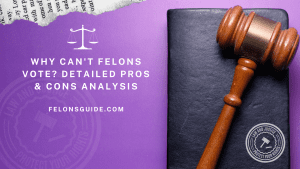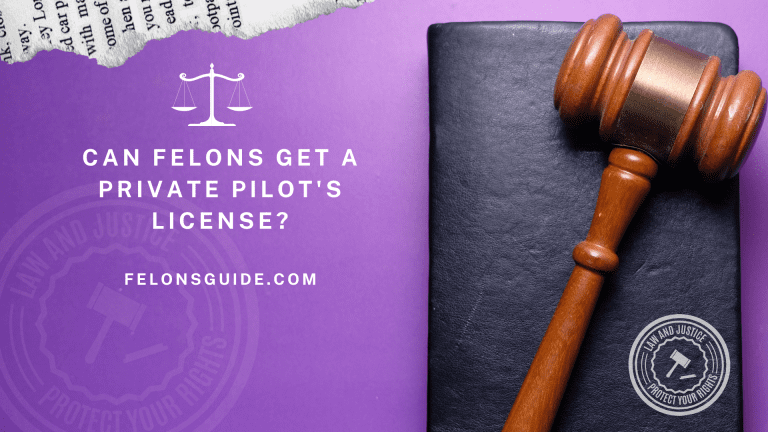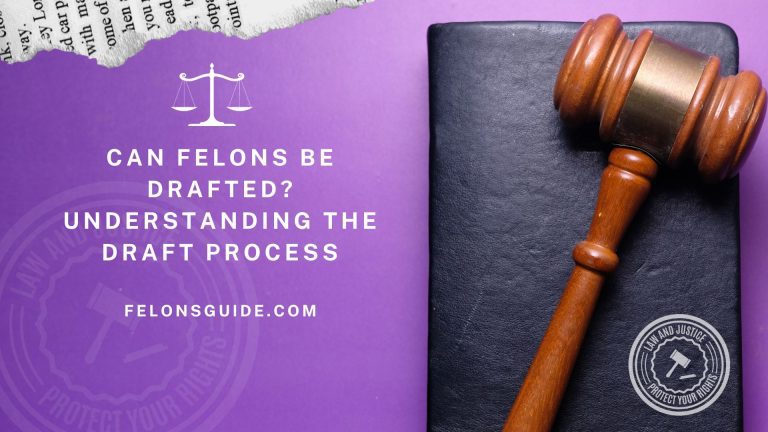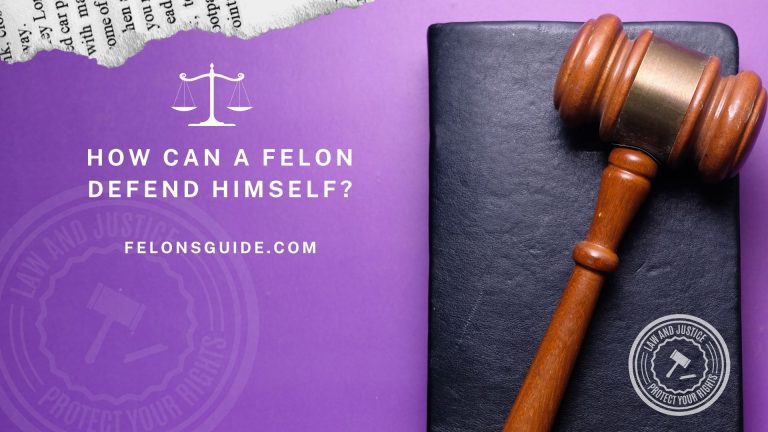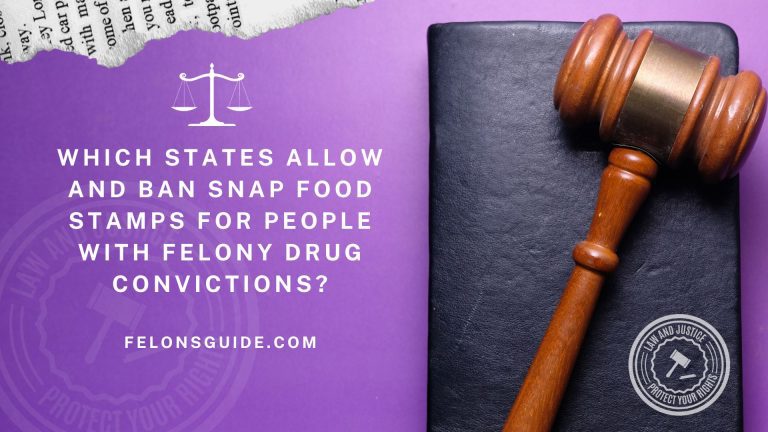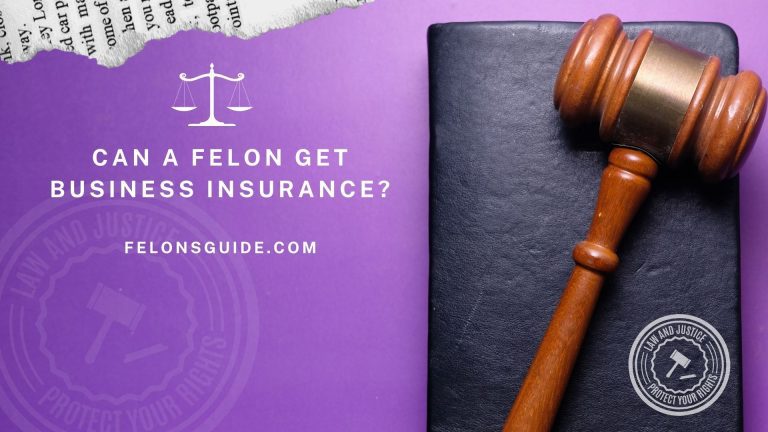Why Can’t Felons Vote? Detailed Pros & Cons Analysis
Felon disenfranchisement, the practice of restricting voting rights for individuals convicted of felonies, has been a longstanding issue in the United States. This article aims to provide a detailed examination of the pros and cons surrounding this controversial practice.
Background on Felon Disenfranchisement
The roots of felon disenfranchisement trace back through American history. Initially established as a means of punishing those who committed serious crimes, policies have evolved over the years. Currently, there exists a complex web of state-by-state variations in disenfranchisement laws, each contributing to the broader national discourse.
| State | Voting Rights Status |
|---|---|
| Alabama | Lost Only While Incarcerated |
| Alaska | Never Lose Right to Vote |
| Arizona | Lost Until Completion of Sentence |
| Arkansas | Lost Only While Incarcerated |
| California | Never Lose Right to Vote |
| Colorado | Never Lose Right to Vote |
| Connecticut | Lost Until Completion of Sentence |
| Delaware | Lost Until Completion of Sentence |
| District of Columbia | Lost Until Completion of Sentence |
| Florida | Lost Until Completion of Sentence |
| Georgia | Lost Until Completion of Sentence |
| Hawaii | Lost Until Completion of Sentence |
| Idaho | Lost Until Completion of Sentence |
| Illinois | Lost Until Completion of Sentence |
| Indiana | Lost Until Completion of Sentence |
| Iowa | Lost Until Completion of Sentence |
| Kansas | Lost Until Completion of Sentence |
| Kentucky | Lost Until Completion of Sentence |
| Louisiana | Lost Until Completion of Sentence |
| Maine | Never Lose Right to Vote |
| Maryland | Lost Until Completion of Sentence |
| Massachusetts | Lost Until Completion of Sentence |
| Michigan | Lost Until Completion of Sentence |
| Minnesota | Lost Until Completion of Sentence |
| Mississippi | Lost Until Completion of Sentence |
| Missouri | Lost Until Completion of Sentence |
| Montana | Lost Until Completion of Sentence |
| Nebraska | Lost Until Completion of Sentence |
| Nevada | Lost Until Completion of Sentence |
| New Hampshire | Lost Until Completion of Sentence |
| New Jersey | Lost Until Completion of Sentence |
| New Mexico | Lost Until Completion of Sentence |
| New York | Lost Until Completion of Sentence |
| North Carolina | Lost Until Completion of Sentence |
| North Dakota | Lost Until Completion of Sentence |
| Ohio | Lost Until Completion of Sentence |
| Oklahoma | Lost Until Completion of Sentence |
| Oregon | Lost Until Completion of Sentence |
| Pennsylvania | Lost Until Completion of Sentence |
| Rhode Island | Lost Until Completion of Sentence |
| South Carolina | Lost Until Completion of Sentence |
| South Dakota | Lost Until Completion of Sentence |
| Tennessee | Lost Until Completion of Sentence |
| Texas | Lost Until Completion of Sentence |
| Utah | Lost Until Completion of Sentence |
| Vermont | Lost Until Completion of Sentence |
| Virginia | Lost Until Completion of Sentence |
| Washington | Lost Until Completion of Sentence |
| West Virginia | Lost Until Completion of Sentence |
| Wisconsin | Lost Until Completion of Sentence |
| Wyoming | Lost Until Completion of Sentence |
Pros of Felon Disenfranchisement
Contribution to the Law-Making Process
One argument in favor of disenfranchisement posits that allowing felons to vote contributes to their reintegration into society. An overwhelming 85% of American voters support focusing on rehabilitating individuals to become productive, law-abiding citizens. Critics argue that disenfranchisement is not an appropriate form of accountability, emphasizing that voting is a right belonging to all citizens, not just those deemed “good” or reformed.
Criminal Accountability and Social Contract
Proponents of disenfranchisement often refer to social contract theory, asserting that individuals who commit crimes break the social contract. However, opponents argue that disenfranchisement is not an effective method for ensuring someone becomes a good citizen again. Journalist Chandra Bozelko argues that denying citizens their rights is a form of power-stripping, not a punishment. Moreover, studies show that felony disenfranchisement has not proven effective in lowering crime rates.
Effectiveness and Crime Rates
The effectiveness of disenfranchisement in reducing crime is a contentious issue. States with re-enfranchisement policies, allowing felons to vote, demonstrate lower crime rates and fewer felons per capita. Beyond reducing crime, re-enfranchisement policies positively impact individuals, allowing them to be involved in their communities and reducing the likelihood of recidivism.
Also Read:
- Can felons vote in Nebraska?
- Can felons vote in Missouri?
- Can felons vote in Ohio?
- Can felons vote in Wisconsin?
- Can felons vote in Georgia?
Cons of Felon Disenfranchisement
Racial Discrimination
Critics argue that felon disenfranchisement is deeply rooted in racial discrimination, with historical ties to slavery and Jim Crow laws. Mass incarceration, particularly affecting Black men, leads to a disproportionate impact on Black Americans. In 2022, over 5% of the Black voting-age population was disenfranchised nationally, compared to 1.5% of all other races.
Denial of Democratic Principles
Opponents assert that denying the vote to taxpayers contradicts the democratic principle of “no taxation without representation.” In addition, disenfranchisement is considered a violation of international law, with recommendations from the United Nations urging the restoration of voting rights to citizens who have fully served their sentences.
Civic Responsibilities and Second Chances
Those in opposition argue that felony disenfranchisement denies the right to vote based on past behavior. They contend that felons should have to prove their commitment to following the law after prison before regaining the right to vote. Critics emphasize the importance of individuals taking responsibility for their crimes and their impact on society before earning back the right to vote.
Public Opinion and Statistics
Public opinion on felon disenfranchisement is diverse. While some argue that felons should lose their say in the law-making process due to their criminal behavior, others stress the importance of upholding democratic principles and providing second chances. In 2022, around 4.6 million Americans (2% of the population) could not vote due to felony disenfranchisement laws.
Constitutional and Legal Aspects
The 14th Amendment plays a crucial role in the legal justification for felon disenfranchisement. While some argue that disenfranchisement is sanctioned by the Constitution, others emphasize the need to consider the historical context and potential racial biases in its application.
Case Studies and Real-world Impacts
Examining specific states with different disenfranchisement policies provides valuable insights into real-world consequences. Felon disenfranchisement not only affects individuals but also has broader implications for communities.
Reforms and Alternatives
The article explores potential reforms to current disenfranchisement policies and alternative approaches, such as rehabilitation programs, to strike a balance between civic responsibilities and second chances.
Conclusion
In conclusion, felon disenfranchisement is a multifaceted issue with both supporters and critics. As the nation grapples with the balance between punishment and rehabilitation, understanding the complexities of this practice is crucial. The call to reconsider and possibly reform current disenfranchisement policies is echoed, emphasizing the need for a nuanced and comprehensive approach to voting rights for individuals with felony convictions.
